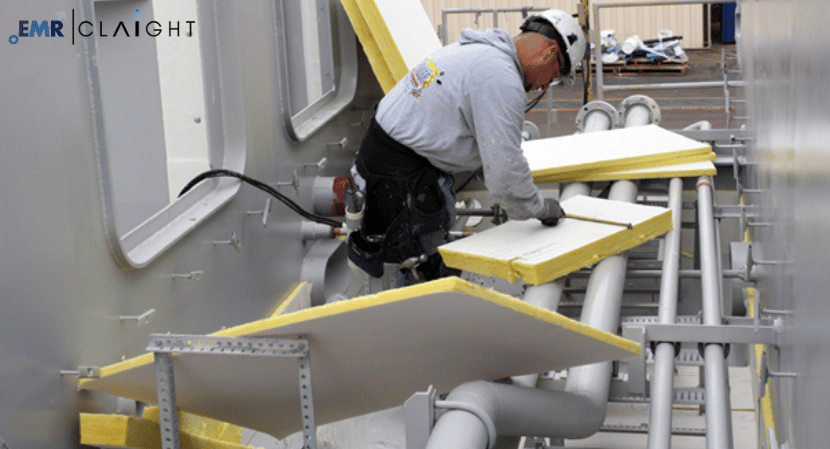Health and Wellness During the Egg Donation Process: Tips for Donors
1. Introduction
Egg donation is a generous act that helps individuals or couples achieve their dreams of parenthood. While the egg donation process is rewarding, it requires a strong focus on health and wellness to ensure a safe and smooth experience. Maintaining both physical and emotional well-being is essential throughout this journey. The purpose of this article is to offer practical tips for staying healthy during the egg donation process so that donors can navigate it with confidence and care.

2. Pre-Donation Health Assessment
Before beginning the egg donation process, it’s critical to undergo a thorough health assessment.
- Medical Screening: This is necessary to ensure that donors are physically fit for the procedure. Doctors will evaluate the donor’s overall health, including any genetic or infectious diseases.
- Nutritional Assessments and Health Checkups: A review of nutritional habits is important, as proper nutrition plays a key role in the body’s preparation for egg retrieval.
- Mental Health Evaluations and Counseling Support: Emotional readiness is just as important as physical readiness. Counseling can help donors prepare mentally and emotionally for the process.
- Setting Realistic Health Goals: It’s beneficial to set achievable health goals, such as maintaining a balanced diet and managing stress, before embarking on the egg donation process.
3. Maintaining Physical Health
Maintaining good physical health is essential during the egg donation process.
- Balanced Diet:
Egg donors should ensure they are consuming adequate nutrients, including folic acid, iron, and vitamins, which are essential for reproductive health. Foods like leafy greens, lean proteins, and whole grains should be staples in the diet. On the other hand, donors should avoid alcohol, caffeine, and processed foods during this time. - Regular Exercise:
While regular exercise is important, egg donors should focus on light physical activities such as walking or yoga. Strenuous physical activity should be avoided, especially during the later stages of hormone treatment and after egg retrieval. - Hydration:
Staying hydrated is crucial during the hormonal treatment phase of the egg donation process. Drinking plenty of water helps manage the body’s response to medications and supports overall well-being.
4. Managing Emotional Wellbeing
The emotional aspects of the egg donation process can sometimes be overlooked, but they are just as important as the physical ones.
- Emotional Preparation:
Before starting the process, it’s important to mentally prepare. Understanding the steps involved and having realistic expectations can reduce anxiety. - Dealing with Stress and Anxiety:
Egg donation can sometimes be overwhelming. It’s normal to experience stress, but practicing mindfulness and relaxation techniques such as meditation or deep breathing exercises can help manage anxiety. - Support Systems:
Surrounding yourself with supportive family, friends, or counselors can make a big difference in handling the emotional demands of egg donation. Regular check-ins with a counselor can provide additional emotional support.
5. Understanding the Hormonal Impact
The egg donation process involves the administration of hormones to stimulate the ovaries. While these medications are safe, they can have physical and emotional side effects.
- Hormone Injections and Effects:
Donors will receive hormone injections to encourage the ovaries to produce multiple eggs. These hormones can cause mood swings, bloating, and discomfort. - Managing Side Effects:
It’s important to be aware of common side effects, such as fatigue and emotional fluctuations. Consulting with a healthcare provider about how to manage these effects is key. - Monitoring Hormone Levels:
Throughout the process, healthcare professionals will monitor hormone levels to ensure that the body is responding well to the treatment. Staying in touch with medical professionals ensures a safe and effective donation process.
6. Recovery After Egg Retrieval
After the egg retrieval procedure, rest and recovery are crucial for restoring health.
- Post-Procedure Rest:
Taking time to rest and recover after egg retrieval is vital. Donors should avoid physical activity for a few days and listen to their bodies. - Managing Side Effects:
Post-retrieval side effects such as bloating, cramps, and mild discomfort are common. Drinking water, resting, and taking pain relief medications as prescribed can help. - Activity Restrictions:
Physical activity should be limited until a healthcare provider confirms that it’s safe to resume. Strenuous activities should be avoided during this period. - Follow-Up Appointments:
Follow-up appointments with healthcare providers ensure that recovery is progressing well and that there are no complications.
7. Long-Term Health Considerations
Even after the egg donation process, it’s essential to remain vigilant about long-term health.
- Potential Health Impacts:
While the egg donation process is generally safe, it’s important to stay informed about any potential long-term health implications, although they are rare. - Fertility Considerations:
Egg donation should not impact future fertility, but discussing long-term reproductive health with a healthcare provider can provide peace of mind. - Staying Connected with Healthcare Providers:
Maintaining contact with medical professionals after donation ensures that any long-term concerns are addressed promptly, safeguarding both physical and reproductive health.
8. Conclusion
Health and wellness are paramount throughout the egg donation process. Donors should prioritize both their physical and emotional well-being, and seek support when needed. By following these tips, egg donors can ensure a healthier, more balanced experience from start to finish.










